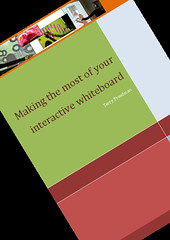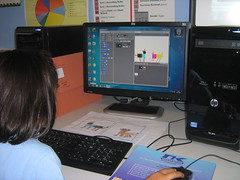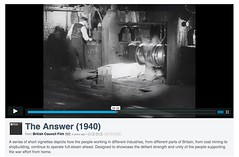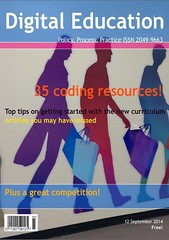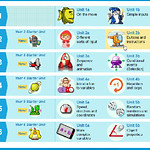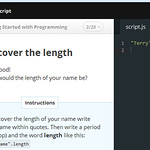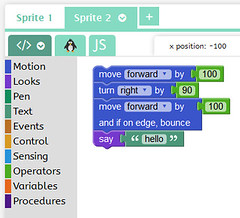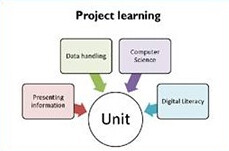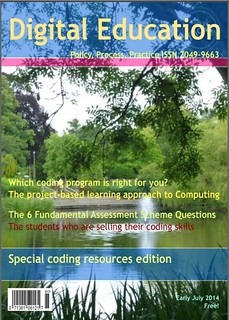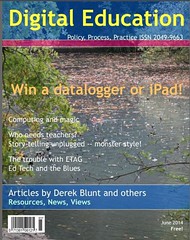Mel Thompson discusses a certain type of determinism found in the area of Philosophy these days. Some time I ago I discussed this phenomenon in the field of educational technology [1] and later discovered that Mel and I shared certain views and frustrations! Read Mel's article: do you detect any similarities between our two disciplines?
Read MoreFor the final edition of this free newsletter, we have a great line-up of experts and articles:
Read MoreWhether you decide to create your own assessment scheme from a blank sheet of paper, so to speak, use a ready-made scheme created by someone else, or do a bit of both, there are 6 questions you need to ask:
Read More Derek Wemoth, the Director of CORE Education in New Zealand, tells us what's going on in his part of the world.
Derek Wemoth, the Director of CORE Education in New Zealand, tells us what's going on in his part of the world.

